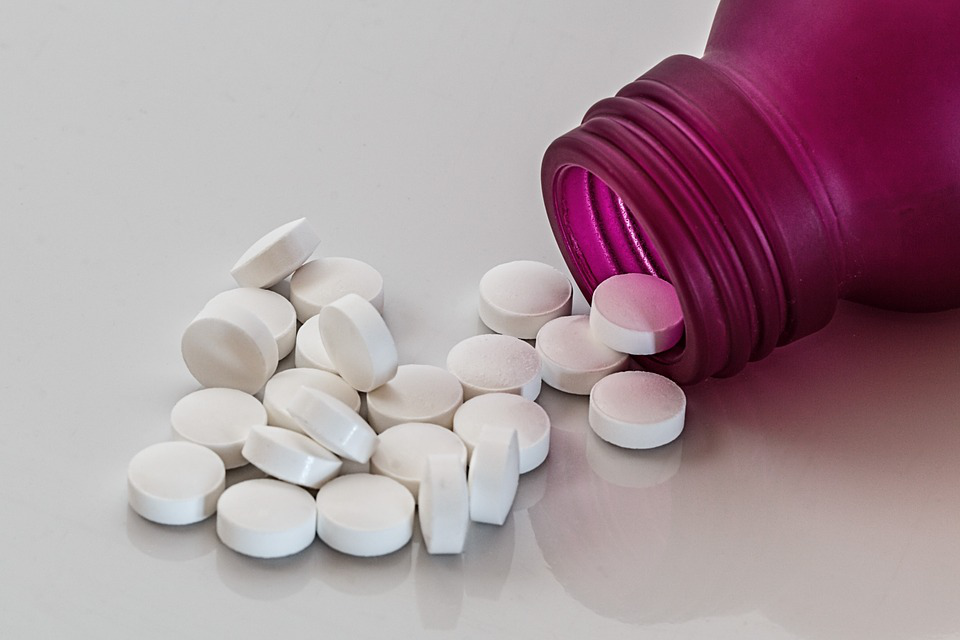Every responsible parent is concerned about their child’s health and wellbeing. They want their children to thrive in a safe and happy environment.
This is especially true for when a child is at school. With an escalation in gun violence and an increase in cases of school shootings—such as the Sandy Hook Elementary School shooting—this is a very real concern.
While preventing gun violence is beyond a parent’s control, there are other dangers that pose an equal threat to a child’s safety. As a matter of fact, unintentional injuries are one of the most common causes of death among American children aged one to nineteen years old.
From falls that cause brain injuries to motor vehicle crashes where children weren’t harnessed properly, safety risks are everywhere. However, every child needs to be socialized and explore the world for their physical and cognitive development.
They need a certain level of independence to be able to develop a confident personality and grow up to be a successful individual.
Parents and educational institutions can’t keep their eyes peeled and protect children at all times. The best solution is to find the right balance of fun and precautionary measures to ensure safety.
Just by following some simple safety rules and reinforcing their importance, you can keep your child safe when you aren’t around.
Safety at Home:
Most parents believe their child is perfectly safe at home. On the contrary, many accidents and injuries occur at home. While watching your child’s every move is not plausible, certain steps can be taken to avoid common hazards.
Here are some common safety threats at home and how to prevent them:
Stranger Danger:

The doorbell is a cue for kids to rush to the door and open it in anticipation of seeing familiar faces. However, this makes them vulnerable to potential criminals and dangerous people.
Instruct your child about the importance of keeping doors locked at all times. Let them know why it’s essential to stay quiet and not open the door unless it’s someone they know. You can also install security cameras to let them know who’s at the door before opening it.
Accidental Ingestions:
The medicine cabinet in every household contains drugs that can be dangerous for a child. If a child reaches the medicine cabinet, they can easily overdose or take the wrong medication, which can be life-threatening.
You can protect them by teaching them not to touch any medication. Educate them about the possible dangers of drugs and that they should only accept medication if it’s given by a trusted member of the family.
First Aid and Escape Plans:
In case of an emergency, timing is of the essence. Even a few minutes can be the difference between life and death. A potentially dangerous situation can arise in the form of an accidental fire, a break-in, or a natural disaster. Whatever the case may be, having a pre-planned family escape plan is vital for you and your child’s safety.
Prepare a list of measures your child should take in case they’re facing a dangerous situation— the quickest way out of the house, important emergency numbers, and using a first aid kit. Make sure your child is aware of these measures and understands what they must do.
Safety at School:
The average child spends more than six hours each day in school. According to a survey, over two million kids in America are injured in school-related accidents every year. Other risks include allergic reactions, bullying and violence, sexual abuse, and taking part in dangerous activities under peer pressure.
While most security risks are the responsibility of the institution, parents should also take precautionary measures to ensure the safety of children in school. These include:
Emergency Contacts:
The first and most important thing is to make sure your child knows the name and number of their emergency contact. This can help them in case they get lost, they need something such as their medication, or there’s a natural disaster. Knowing the emergency contact by heart will save valuable time and will alert parents immediately.

Sharing Food:
Young children often share their food, not knowing the dangers of possible allergic reactions. This is not only important for your child, but also for other children who might have allergies that get triggered by sharing food. Teach your kids to politely refuse food given to them by their friends, and especially strangers.
Also, make sure they know the ingredients of their food. This will help protect other kids who want to share food with your child and are allergic to the ingredients.
Good Touch Bad Touch:
The exact rate of child sexual abuse is not known, because children rarely report the abuse. According to the data collected by The Children’s Assessment Center, the majority of child sexual abuse is perpetrated by someone a child knows and trusts. This can be anyone from a teacher to a member of the family.
It’s important to teach your child the difference between good touch and bad touch. Educate them about the parts of the body that are off-limits to anyone but themselves. Also, let your child know that it’s ok to talk to you or a trusted teacher about anything at all that might be bothering them.
Enroll Them In Reputable Educational Institutions:
The best way to prevent your child from any harm in school is selecting a good and reputable educational institution. Choose a school or childcare service provider that places great importance on the safety and wellbeing of the child.
Make sure they have a good safety policy in place. Also, ensure that the staff members are proficient in first aid and are familiar with emergency protocols in case of a natural disaster or security threat.
Safety at Kids R Kids
At Kids R Kids Learning Academy, we provide premium child and toddler care along with the best preschool, pre-k, and infant childcare programs in Orlando. Our excellent safety program ensures the well-being of your child along with innovative educational programs and well-balanced meal experiences for children between the ages of 6 weeks to 12 years.
Get in touch with us today or call us at 407-381-7979 for more information about our affordable childcare services for the responsible parents!